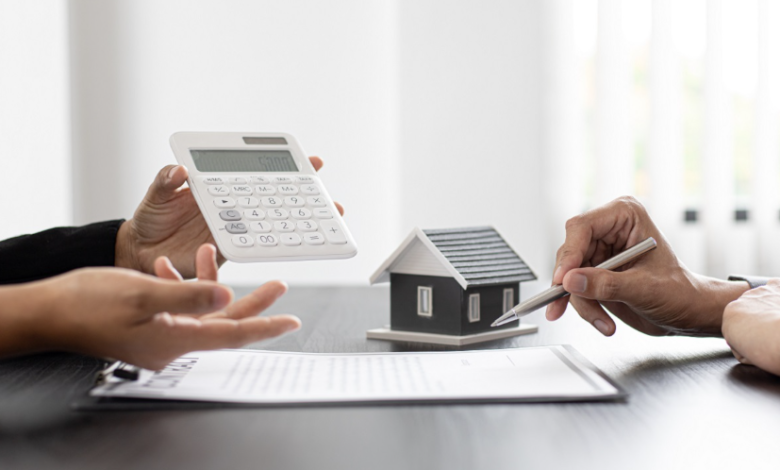The Hidden Costs of Holding Onto a Home You No Longer Need

Introduction
Owning a property that no longer fits your lifestyle or needs might feel like a safety net, a symbol of stability, or even a wise long-term investment. Many homeowners see a familiar house as a form of security, a fallback in case their circumstances change. Yet beneath the comforting surface, ongoing expenses and hidden risks can make holding onto an unneeded home costly. Whether your property sits vacant or is underutilized—perhaps after a move, job transition, or family change—understanding the true impact on your finances is essential for making an informed decision. When a traditional sale feels overwhelming or uncertain, direct buyers offer a streamlined solution to free you from mounting expenses quickly and efficiently, often closing faster than traditional sales channels and sparing you the hassle of costly repairs and open houses.
Ongoing Maintenance and Repairs
Every property, regardless of whether occupied, requires regular upkeep and attention. Even well-built homes are susceptible to natural wear and tear, which can be exacerbated by periods of neglect when no one is living there to spot problems early. Essential maintenance tasks—roof inspections, seasonal HVAC maintenance, gutter cleaning, lawn care, landscaping, and pest control—can quickly become overwhelming, especially when managing from a distance or alongside other life responsibilities.
Property Taxes and Insurance
Property taxes remain an ongoing responsibility regardless of how often you visit or how little you use your property. Property taxes must be paid whether a home is vacant or occupied, and neglecting these payments can trigger serious consequences like penalties, liens, or even foreclosure proceedings from your local government. In most areas, property taxes are recalculated annually and can rise sharply without much warning if local property values increase.
Utility Expenses
Even when a home isn’t lived in, utilities such as electricity, water, gas, and trash collection must remain active to avoid more serious issues. Heating, ventilation, air conditioning, and minimal water flow all help prevent problems like frozen or burst pipes in winter, dangerous mold growth, or deteriorating utility systems. This is particularly important in regions with extreme temperature swings or humidity, where a property left completely shut down can deteriorate rapidly.
If you find managing all these continuous outflows challenging, working with experienced property buyers may offer a smooth way out, allowing you to sell without lengthy waiting periods or the costly, stressful repairs often demanded by traditional homebuyers. Their process is often designed for speed and convenience, helping you move on quickly and with confidence.
See also: Travel Planning: From Dream to Realization
Security Risks and Associated Costs
Unoccupied homes can quickly become targets for criminal activity such as vandalism, break-ins, theft, or even illegal squatting. Vacant properties tend to draw unwanted attention in many neighborhoods, putting your investment at risk for damage, graffiti, or the loss of fixtures, appliances, and copper. To protect a home that isn’t being lived in, many owners invest in security systems, smart cameras, periodic visits, or even pay for professional monitoring services—all of which quickly add to your monthly outlay.
Depreciation and Market Fluctuations
The real estate market is rarely static. A home that remains empty while the neighborhood evolves is susceptible to two main risks: ongoing physical depreciation and unpredictable market value swings. Without consistent upkeep, minor issues like roof leaks, cracked windows, or landscaping neglect can quickly grow into much bigger problems, directly reducing the home’s appeal and eventual sale price.
Emotional and Psychological Impact
While financial concerns are paramount, the emotional and psychological toll of holding onto a property you no longer use should not be underestimated. For many, holding onto a property for sentimental reasons, such as family memories or nostalgia, can create unintended stress and ongoing anxiety. An unused home’s never-ending financial and logistical responsibilities often weigh on owners, causing sleepless nights, guilt about letting the house deteriorate, or even family disagreements when others feel differently about keeping or selling the place.
Opportunity Costs
Perhaps one of the most overlooked consequences of owning an unneeded home is the opportunity cost—the lost potential for your money and energy if you keep your resources tied up in a property that isn’t serving you. The money parked in a house sitting idle could likely be earning a better return somewhere else, whether that means investing in stocks, building a retirement account, supporting family members’ dreams, traveling, or even upgrading to a more suitable, enjoyable primary residence.
Conclusion
The visible and hidden costs of holding onto a property you no longer need can take a surprisingly heavy financial and emotional toll. Regular maintenance, taxes, insurance, utilities, security costs, depreciation, opportunity costs, and emotional strain all add up over time, eroding the value of a home once held in your life. Evaluating these risks and comparing your options—potentially with the support of trusted Direct Buyers or Property Buyers—can help you protect your financial well-being and bring long-term peace of mind.



